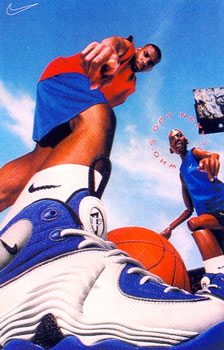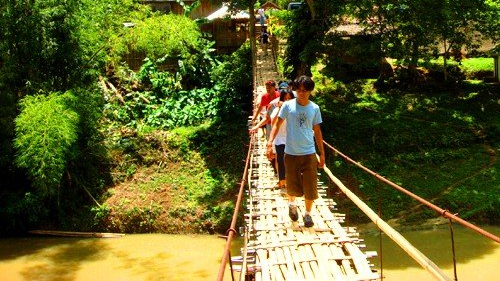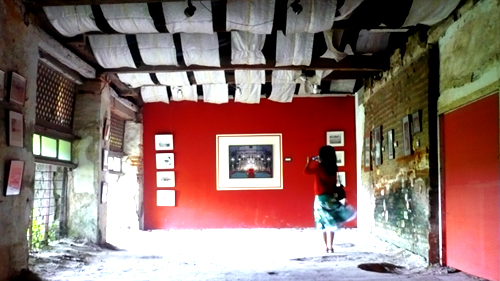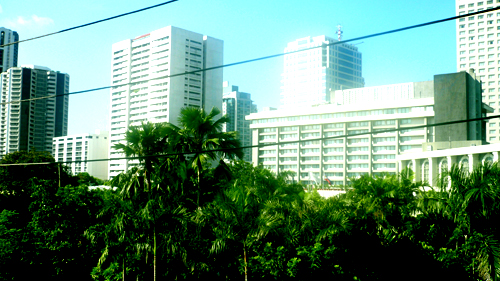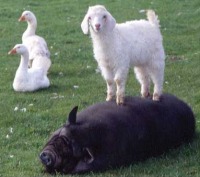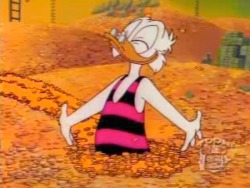College has, through its friendships and connections, given me the good fortune to once again take up travel. Travelling used to be a big part of my childhood. It was a point of pride. When the Mrs. Marquez would make each kid stand up and say something about themselves, my interesting fact would always be the amount of the world I had seen.
By elementary and middle school standards, it's an impressive resume: Saudi Arabia, Singapore, the Philippines, London, New York, Vancouver and more. I wasn't old enough to appreciate the sights much, or fully grasp the new worlds I was entering, but I still had a bigger sense of the planet and its diversity. More so than the other 7-year olds sitting cross-legged on a multicolored carpet.
By 22 year-old standards, that resume is not as impressive. The world turned and travel became less and less of a characteristic of my life. My youth was extraordinarily jet set, but my adolescence was spent staying still. The occasional drive to Las Vegas was the closest I would get to road trips, though it's more of a long-distance wander. I wouldn't get to feel that horrible/wonderful rumble of a plane taking off for years.
Years, until college, which gave it back to me in some small part. We weren't going to Europe or even Texas, but we were travelling again. It was always good, even if it was short-lived or not the life-affirming, answer-finding game changer we always expect from the road. But sometimes the little bites are enough to nourish you. Sometimes the little bites feel like a main course.

